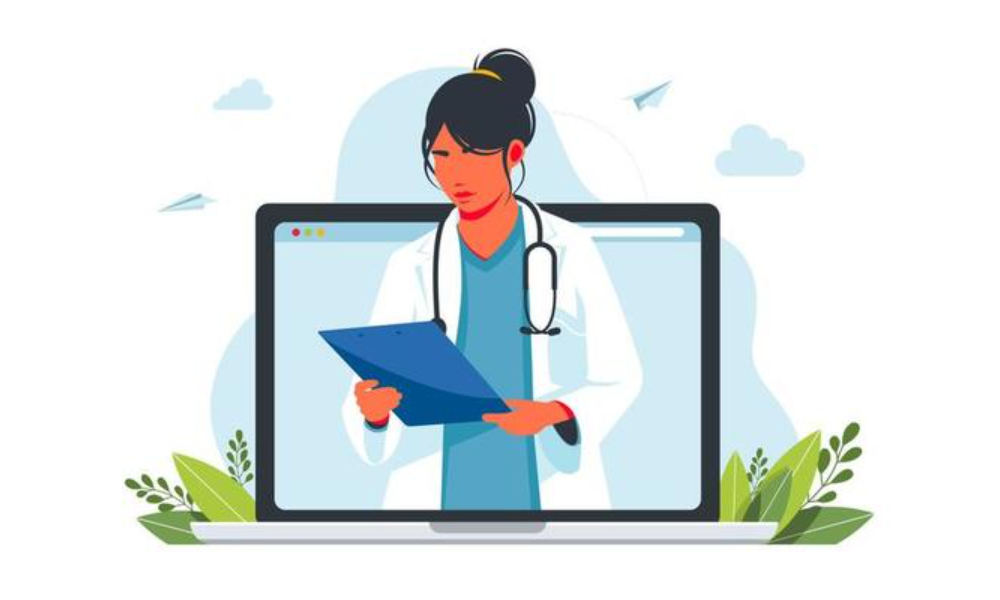Second medical opinions provide crucial verification for complex or serious diagnoses that impact treatment decisions and outcomes. For these meaningful consultations, digital channels enable patients to connect with specialists beyond geographic limitations. This expanded access allows patients to verify initial diagnoses or explore alternative treatment approaches without extensive travel or lengthy waiting periods. With a focus on streamlined medical connections, nextclinic.com.au ensures that specialist access is fast, reliable, and fully compliant with healthcare standards and patient needs.
Expert validation
Digital pathways connect patients with appropriate specialists for diagnosis confirmation. Medical records transfer securely between providers through encrypted systems. The process of specialist referral online networks, rural and underserved communities gain equal access to specialized medical opinions, helping bridge gaps in healthcare equity and service quality. This validation process serves several critical functions beyond simple confirmation. Independent specialist assessment can identify alternative diagnostic possibilities, suggest different testing approaches, or recommend modified treatment protocols based on various clinical perspectives. Validation often gives patients greater confidence in their treatment decisions while ensuring that all reasonable diagnostic possibilities are considered.
Diagnostic expansion
Second specialist opinions frequently introduce broader diagnostic considerations beyond the initial assessment scope. Different specialists bring varied clinical experiences and perspectives that sometimes reveal overlooked possibilities or alternative interpretations of test results. This expanded viewpoint reduces the risk of occasional diagnostic anchoring when providers focus too narrowly on initial impressions. The fresh clinical perspectives particularly benefit patients with complex symptom patterns that cross multiple medical specialities. These cases sometimes present differently to various specialists based on their particular training focus and clinical experience patterns. The combined insights from multiple speciality perspectives often create a more comprehensive understanding than a single-speciality assessment alone.
Treatment alternatives
The following options frequently emerge from second-opinion consultations:
- Modified medication protocols with different risk-benefit profiles
- Minimally invasive procedure options not initially presented
- Alternative treatment sequencing that preserves future therapeutic options
- Emerging treatment approaches recently introduced in speciality practice
- Clinical trial possibilities matching patient-specific diagnostic profiles
- Non-surgical approaches for conditions traditionally treated surgically
- Combination therapies not considered in initial treatment planning
These alternative perspectives give patients a fuller performance of their options beyond initial recommendations. The expanded awareness empowers more informed decision-making aligned with personal preferences regarding intervention aggressiveness, side effect tolerance, and quality of life priorities.
Confidence building
Second opinions provide these psychological benefits during difficult medical decisions:
- Confirmation reduces uncertainty about major treatment decisions
- Alternative viewpoints help clarify complex risk-benefit considerations
- Independent verification alleviates doubts about diagnostic accuracy
- Consistent recommendations across providers strengthen decision conviction
- Different communication styles may better explain complex medical concepts
- Documentation from multiple sources helps with insurance coverage approval
- Additional specialist relationships create broader support networks
These psychological benefits should not be underestimated when considering second opinion value. The confidence gained from additional expert consultation helps patients approach treatment with more positive mindsets, potentially influencing physical outcomes through improved adherence and reduced stress responses. For cases where genuine clinical disagreement exists about optimal approaches, digital collaboration creates opportunities for clear explanations of different viewpoints rather than contradictory recommendations. This transparency helps patients become familiar with legitimate medical uncertainties rather than feeling caught between conflicting expert opinions without context.



